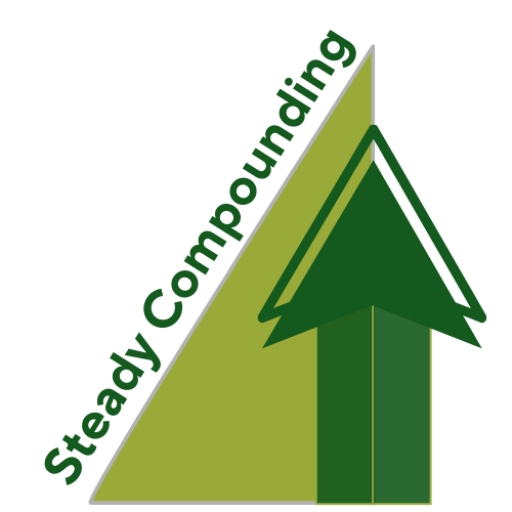I don’t lift to age well, or look good (although I do appreciate that byproduct). I’m lifting so that I can continue to whoop asses on the basketball court in my mid-thirties.
Over the past year, my trainer and I have shared numerous conversations between sets. And this week he asked, “How’s the market doing?”
I replied that It has been great so far, the stock market has been going up, and he followed up by asking, “So are you going to take profits? ”
I shook my head and said I wouldn’t sell my stake in great companies over the next couple of decades unless their fundamentals deteriorated.
He looked just as perplexed as I was when he first taught me how to do a Power Clean.
“Is it because you know it’ll go up more?”, he asked.
Yes and no.
You see, I don’t know whether the market will go up or down next week, next quarter, or even next year.
In fact, even those YouTube gurus who make bold predictions about where the market will go in the next three months have no idea. But it is human nature to seek certainty. No matter how useless forecasts are, there’ll be someone to provide them if there’s a demand for them.
I shared with my trainer a crucial investing principle: the only thing that matters is the growth of my portfolio from now until three decades later. Short-term fluctuations are irrelevant in the grand scheme of things.
As long as I can compound at approximately 15% annualized over three decades, everything else is simply noise. It doesn’t matter whether my portfolio drops 20% this year or rises 30% next year.
I explained to him that my portfolio won’t grow in a straight line, and it never will. You can expect it to gyrate up and down in the short term and that’s okay.
Because in the short term, the market acts like a temperamental voting machine, swayed by the erratic moods of greed and fear.
Yet, over time, it transforms into a reliable weighing machine, its scales tipped by the actual performance of the businesses you’ve invested in.
My trainer told me this is very different from what his friends do, trading in and out of the market trying to make a quick profit, without understanding the business at all. I explained that I use the market as a means to own parts of exceptional businesses, not as a gambling den.
Remember, the true essence of compounding isn’t found in seizing quick short-term profits. It’s in the long-term ownership of a diverse portfolio of outstanding businesses.
Sure, nobody became poor by taking profits, but nobody became seriously rich that way too.
Thomas
P.S. Missed the backstory of my financial conversations with my trainer? Click here to read Why it’s looking an awful lot like 2021 again


